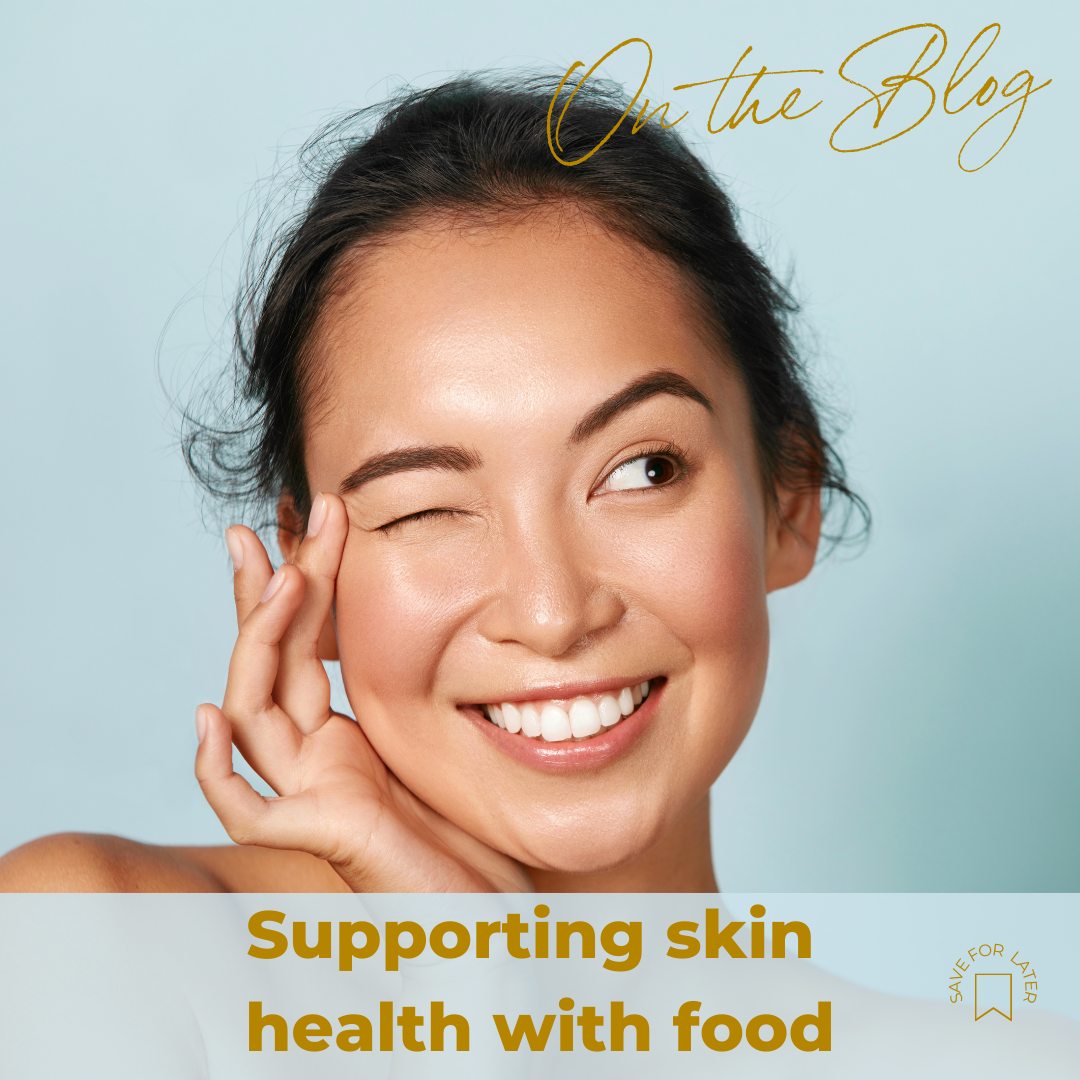What we eat has a profound influence on the health and function of all organs in the body, including the skin! Alongside a purposeful skin care regime that supports the skin externally, nourish the skin from within with these essential nutrients.
Healthy skin nutrients
- Hydration. Turns out, there is something to the supermodel skincare secret of drinking plenty of water (although unfortunately, it’s not a substitute for those genetics!). Adequate hydration helps to keep skin cells plump, support healthy tissue function, and prevent skin dryness. Drinking plenty of water – and enjoying water-rich fruits and vegetables, especially berries, citrus fruits, melon, cucumber, tomatoes and spinach – also supports the body’s natural elimination pathways, further promoting healthy, glowing skin. For more tips, refer to our how-to guide to hydration, here.
- Essential fatty acids. Found in oily fish varieties like salmon, ocean trout and mackerel, nuts and seeds, avocado and extra virgin olive oil, essential fatty acids promote a healthy skin barrier, helping to prevent redness, dryness, irritation and inflammation.
- Protein. An essential macronutrient, protein helps to strengthen and support the skin’s structure. If you’re needing some inspiration, find some high-protein breakfast and snack ideas here and here. Evidence also highlights the role of hydrolysed collagen peptides in supporting skin elasticity and hydration, particularly as natural collagen production declines with age.
- Vitamin A. Vitamin A and its precursors, carotenoids including beta-carotene and lycopene, support healthy skin cell growth and differentiation. Carotenoids are also powerful antioxidants, helping to protect the skin from oxidative damage. Rich dietary sources of vitamin A include orange and red coloured fruits and vegetables – such as mangoes, rockmelon, carrots, pumpkin, capsicum and tomatoes – as well as egg yolk, milk, cheese and oily fish.
- Vitamin C. Vitamin C is a potent antioxidant that helps to reduce oxidative damage caused by environmental pollutants and UV exposure, which can present as fine lines and wrinkles, sagging, hyperpigmentation and dullness. Powerfully, vitamin C also supports natural collagen production within the skin. Citrus fruits, strawberries, kiwi fruit, red capsicum and parsley are all rich food sources of vitamin C.
- Vitamin E. Another powerful antioxidant, Vitamin E works synergistically with Vitamin C to protect the skin from oxidative damage. Vitamin E can be found in a variety of nuts and seeds, wheat germ, some vegetables including eggplant, capsicum and avocado, and oily fish.
- Zinc. An essential mineral, zinc vitally supports wound healing and imparts further antioxidant actions in support of healthy skin. Oysters, beef, lamb, legumes, wholegrains and a variety of nuts and seeds are rich dietary sources.
- Polyphenols. Polyphenols – including anthocyanins, resveratrol, curcumin and catechins – are found in a variety of plant-derived foods and also play a critical role in skin health (yet another reason to hit 30+ plant points each week!) Polyphenols also impart potent antioxidant effects, further defending the skin against oxidative damage, thereby helping it to function optimally. Brightly-coloured fruits and vegetables, green tea, herbs, spices, extra virgin olive oil, coffee and dark chocolate are all good sources.
Healthy skin lifestyle factors
Aside from food, plenty of lifestyle factors also influence skin health. To further support healthy skin:
- Avoid smoking;
- Moderate alcohol intake;
- Move your body most days;
- Manage stress;
- Ensure you get enough sleep (most adults need 7-9 hours every night);
- Avoid excessive sun exposure and of course, wear SPF each and every day – rain, hail or shine.
Final note. If you have active acne, eczema, rosacea or another medical condition and are concerned about the condition of your skin, it’s important to seek the support of a dermatologist for treatment. Diet and lifestyle factors – including topical skin care – can complement medical treatments (where indicated) wonderfully, but may not be sufficient on their own.
For expert dietary support to meet your unique goals and requirements, book your first appointment with one of our wonderful Accredited Practising Dietitians today.
Written by Caitlin Branch, Student Nutritionist, and Amanda Smith, Accredited Practising Dietitian.



